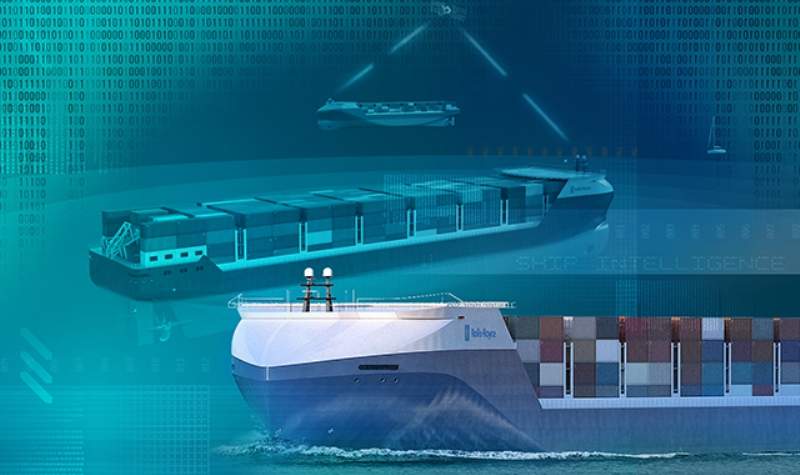

Rolls-Royce has entered a deal with Google to further develop its intelligent awareness systems, which are able to help make existing vessels safer and assist in the development of autonomous ships.
The arrangement will see Rolls-Royce make use of Google’s Cloud Machine Learning Engine to provide additional training to its artificial intelligence (AI) based object classification system, which is used to detect, identify and track objects a vessel can encounter at sea.
The Google Cloud Machine Learning Engine is designed to use the same neural, net-based machine intelligence software that powers many of Google products, including image and voice search.
Machine Learning is a set of algorithms, tools and techniques that are capable of mimicking human learning to solve specific problems.
In addition, well-trained machine learning models can carry out predictive analytics faster and with greater accuracy than humans.
Rolls-Royce Ship Intelligence senior vice-president Karno Tenovuo said: “While intelligent awareness systems will help to facilitate an autonomous future, they can benefit maritime businesses right now making vessels and their crews safer and more efficient.
“By working with Google Cloud we can make these systems better faster, saving lives.”
Additionally, the company is set to leverage Google Cloud’s software to create improved machine learning models that can interpret large and different marine data sets, which will be created by Rolls-Royce.
The machine learning models’ predictions will be evaluated with respect to practical marine applications to develop improved versions of the systems.
The models can be developed from anywhere in the world and will be immediately accessible worldwide by accessing the Google software via the Cloud.
In addition, Rolls-Royce and Google plan to carry out joint research on unsupervised and multimodal learning in future.
Both companies are also aiming to determine whether speech recognition and synthesis are viable solutions for human-machine interfaces in marine applications.
They are also planning to work together to optimise the performance of local, neural network computing on-board ships using open source machine intelligence software libraries, including Google’s TensorFlow.
Image: Concept of autonomous ship models. Photo: courtesy of Rolls-Royce plc.



